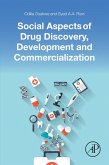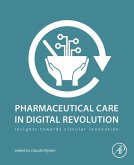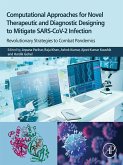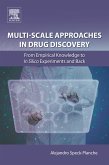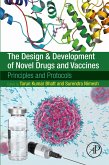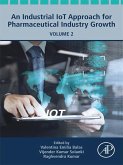Computational Approaches in Drug Discovery, Development and Systems Pharmacology provides detailed information on the use of computers in advancing pharmacology. Drug discovery and development is an expensive and time-consuming practice, and computer-assisted drug design (CADD) approaches are increasing in popularity in the pharmaceutical industry to accelerate the process. With the help of CADD, scientists can focus on the most capable compounds so that they can minimize the synthetic and biological testing pains. This book examines success stories of CADD in drug discovery, drug development and role of CADD in system pharmacology, additionally including a focus on the role of artificial intelligence (AI) and deep machine learning in pharmacology. Computational Approaches in Drug Discovery, Development and Systems Pharmacology will be useful to researchers and academics working in the area of CADD, pharmacology and Bioinformatics.
- Explains computer use in pharmacology using real-life case studies
- Provides information about biological activities using computer technology, thus allowing for the possible reduction of the number of animals used for research
- Describes the role of AI in pharmacology and applications of CADD in various diseases
Dieser Download kann aus rechtlichen Gründen nur mit Rechnungsadresse in A, B, BG, CY, CZ, D, DK, EW, E, FIN, F, GR, HR, H, IRL, I, LT, L, LR, M, NL, PL, P, R, S, SLO, SK ausgeliefert werden.



